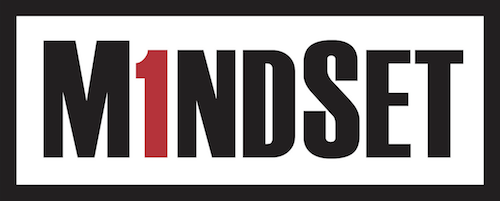Millennials (Generation Y) have been the topic of near-breathless conversation and speculation over the last decade – some of it on point, and other parts simplistic and useless. Defined slightly differently by a wide variety and authors and social commentators, Millennials are generally described as the cohort of individuals having birthdates from 1981-1996.
Those into further stereotyping and cultural balkanization have suggested we are now well into the process of having Millennials superseded in the workplace by Generation Z – those born on or after 1997. Generation Y grew-up on personal computers, cell phones, and video game systems; Generation Z has grown up on tablets, smartphones, and apps. Most in Generation Y can recall the 9/11 tragedy – the shock and the societal impact. Generation Z has yet to have such a shaping event – and no, Justin Bieber’s arrest does not qualify. Generation Y has a short attention span; Generation Z’s is shorter still. Generation Y is into organic food products; Generation Z is into maximizing salary.
Yet even with these small differences, Generations Y and Z have considerably more in common than either do with their predecessors, Generation X (born 1965-1980) and the Baby Boomers (born 1947-1964).
For business leaders, it is a cultural change one best notice. Many successful businesses have been built on a foundation of Baby Boomers and Generation X employees. But each generation values different things from an employer. For example, many researchers have found Boomers to value job security and Generation X to value work-life balance, but find Millennials to be looking for more freedom and flexibility – a changing perspective that is driven by changes in technology and parenting styles.
Baby Boomers expected careers to be defined by employers. Generation X were more likely to be loyal to a profession or trade than to a specific employer. Millennials are less likely to be loyal to either, often seeing themselves as digital entrepreneurs – working more “with” than “for” an employer. These and other changes suggest that for employers to be able to continue to attract and retain talent, they will need to rethink how they are addressing work hours, compensation, evaluations, and more.
What Millennials Actually Care About
On the MindSet Culture Survey, we have been able to spot some trends related to the age of respondent. I will here mention just three.
The first is that younger employees have a very strong desire to be part of a company that uses a collaborative decision-making process. All of us like to have a sense of why a given decision was made – particularly when it impacts us – but younger staff members show a greater amount of discontent when they feel decisions are made without them having had the opportunity for input.
The second trend we see is that younger employees are more interested in working for a company that makes a contribution to the quality of life in their communities. This can be accomplished via charitable donations or allowing staff members the time needed to help with civic efforts that are important to them.
Finally, and not surprisingly, younger staff members are impatient as to the adoption of technology. They have grown up in a digital age with smartphone and tablet constantly in hand, resulting in them having little patience for antiquated systems.
One Big Caution
All of the above comes with one BIG caution. Accommodating generational predilections pales in terms of importance when compared to establishing a broadly uplifting, prideful, and energizing culture.
MindSet stresses to our clients that when it comes to predicting the motivations of a particular individual, generational analysis is of limited use. You see when it comes to personality and motivational triggers, we find much more intergroup variance than we do intragroup variance. This means that while there may be statistically significant differences between groups, the absolute differences are not in themselves large, while within any generational grouping we consistently find a wide range of individuals with respect to personalities and motivational factors. So an awareness of generational trends is wise – but it is a lousy substitute for knowing your employees as individuals.
At the core, what humans want from an employer does not change: if you are sincerely working to make MindSet’s Seven Principles of Leadership© come to life every day in your work setting, you are well on your way to lasting business dominance.

Co-Founder of MindSet, LLC.

